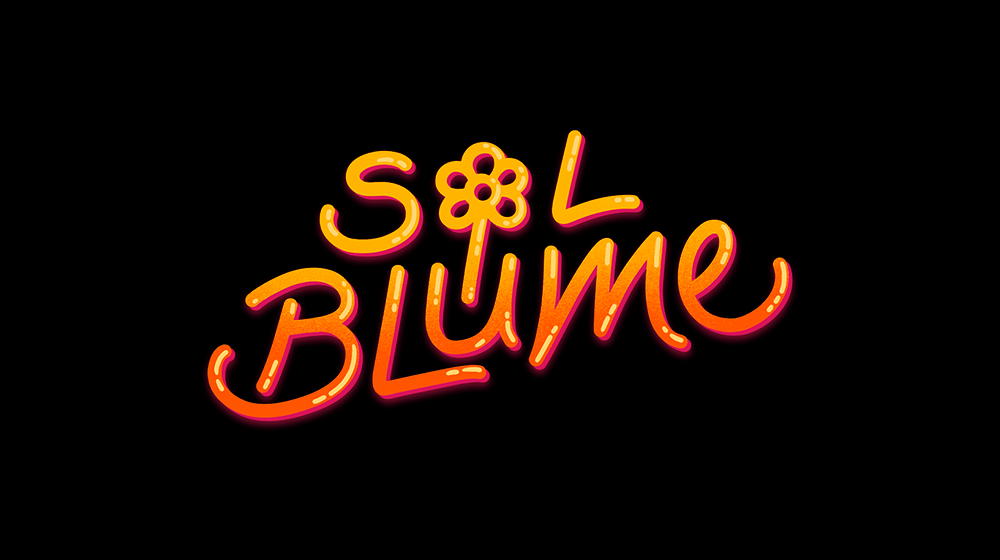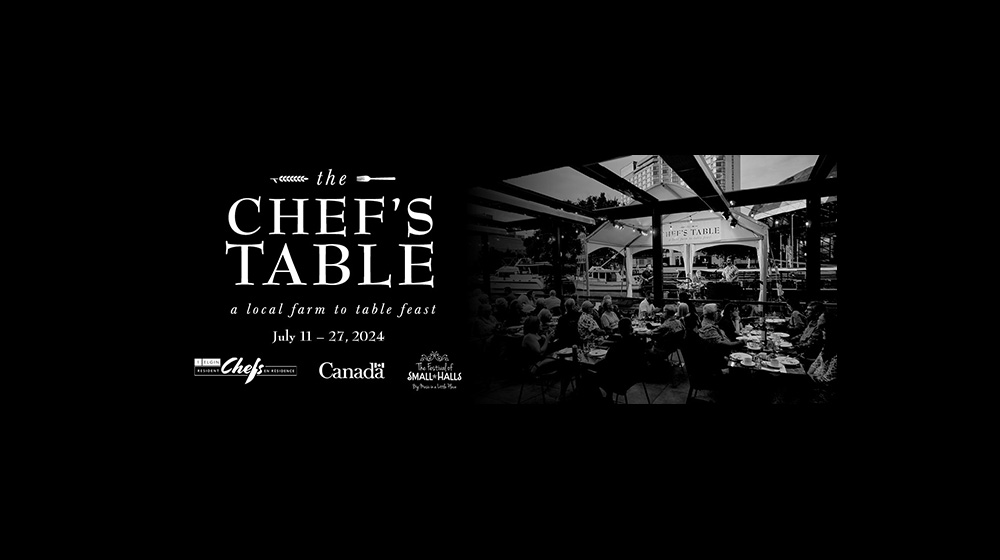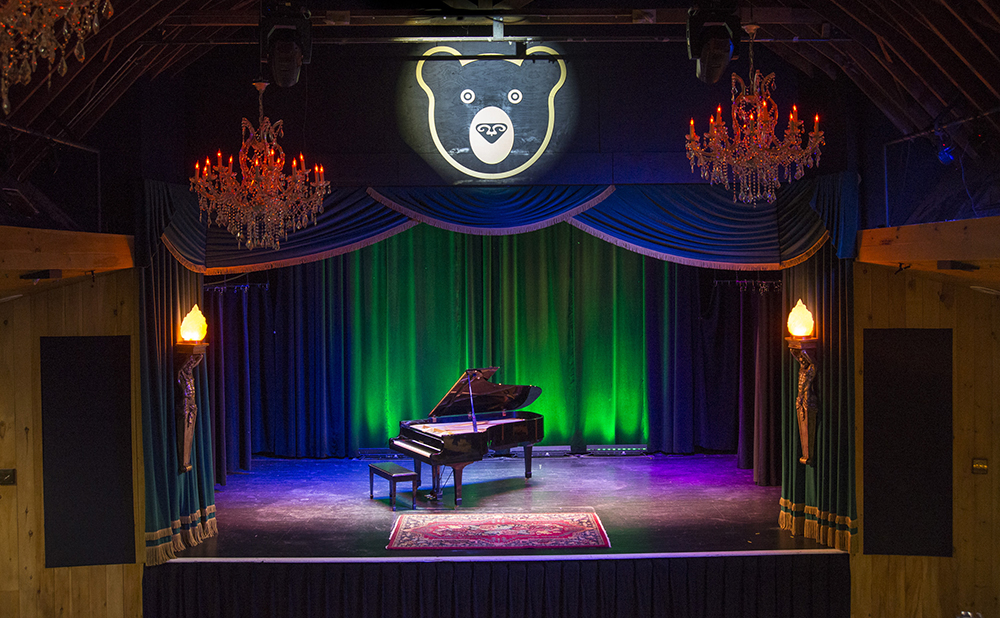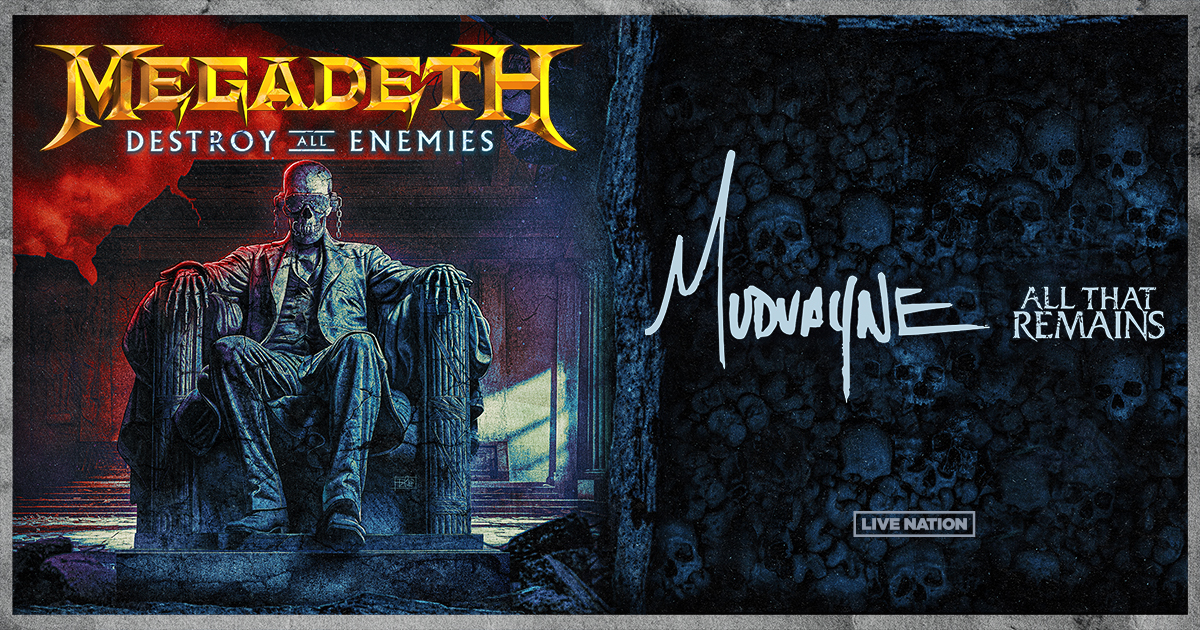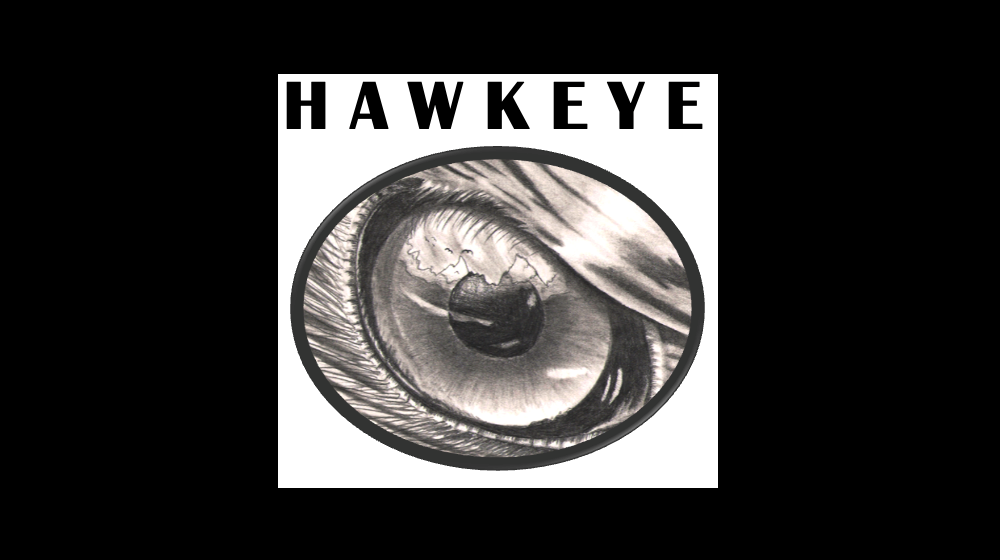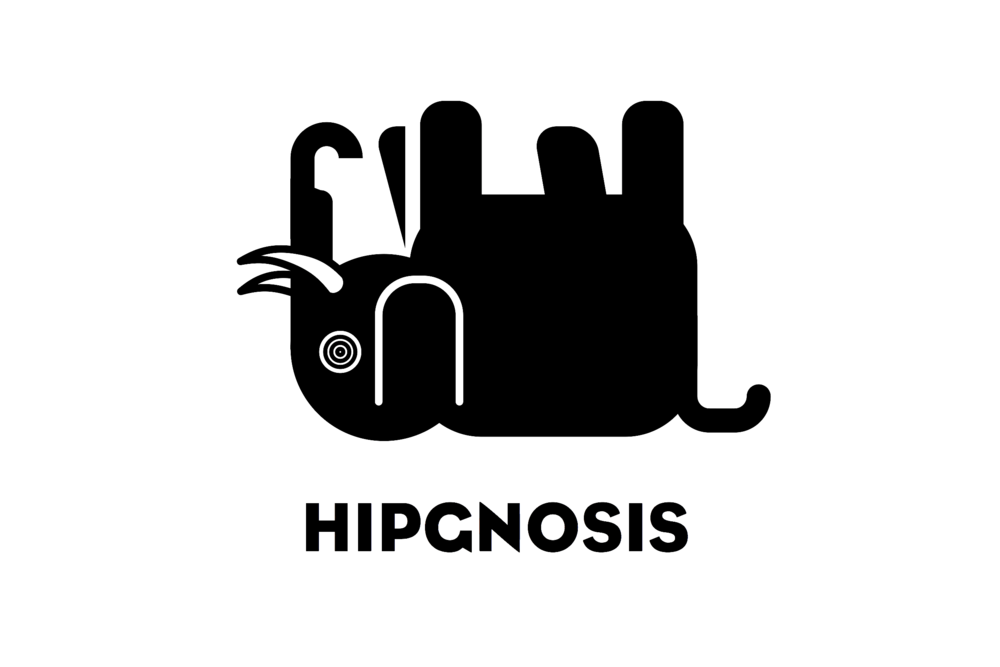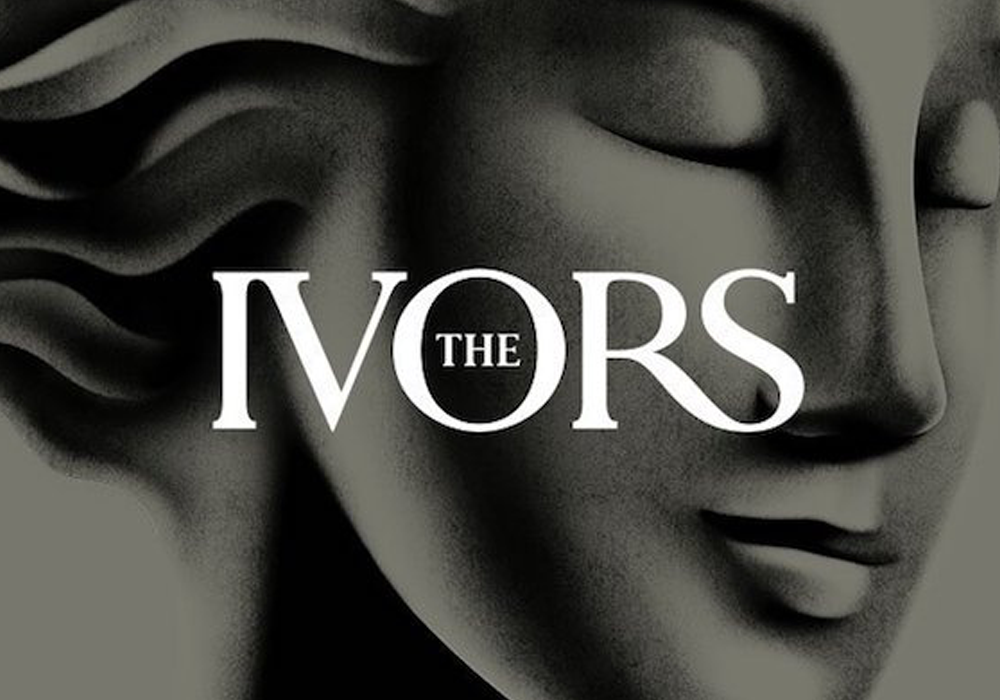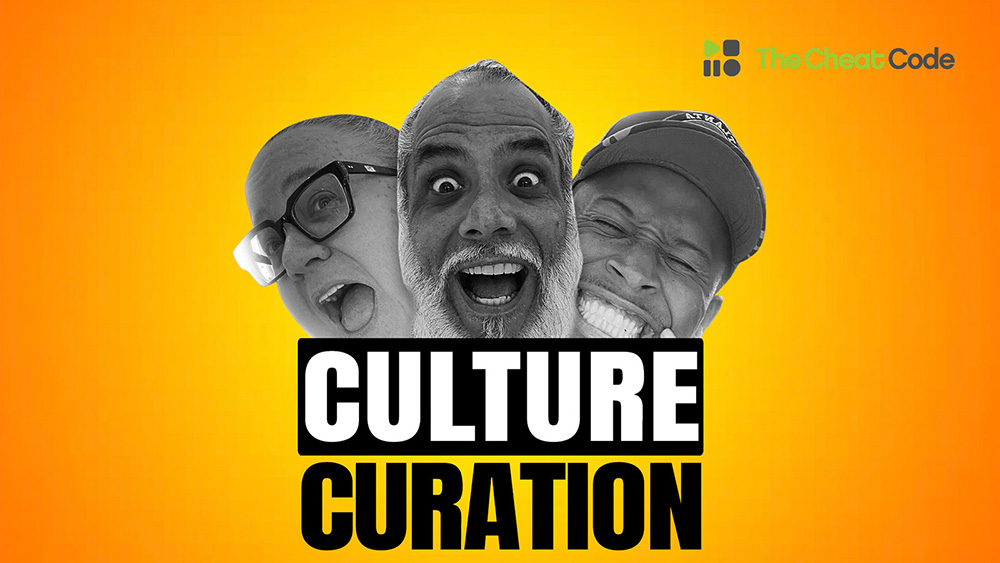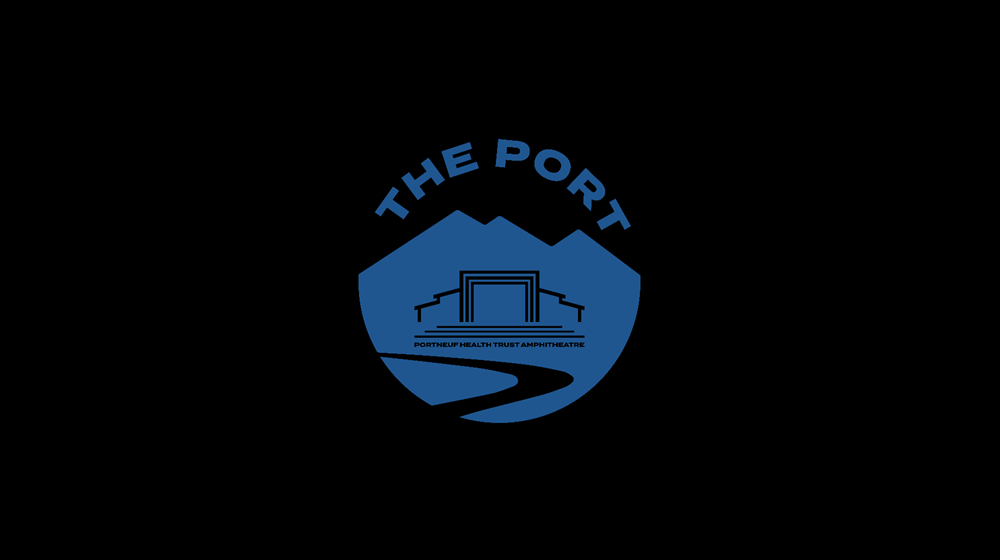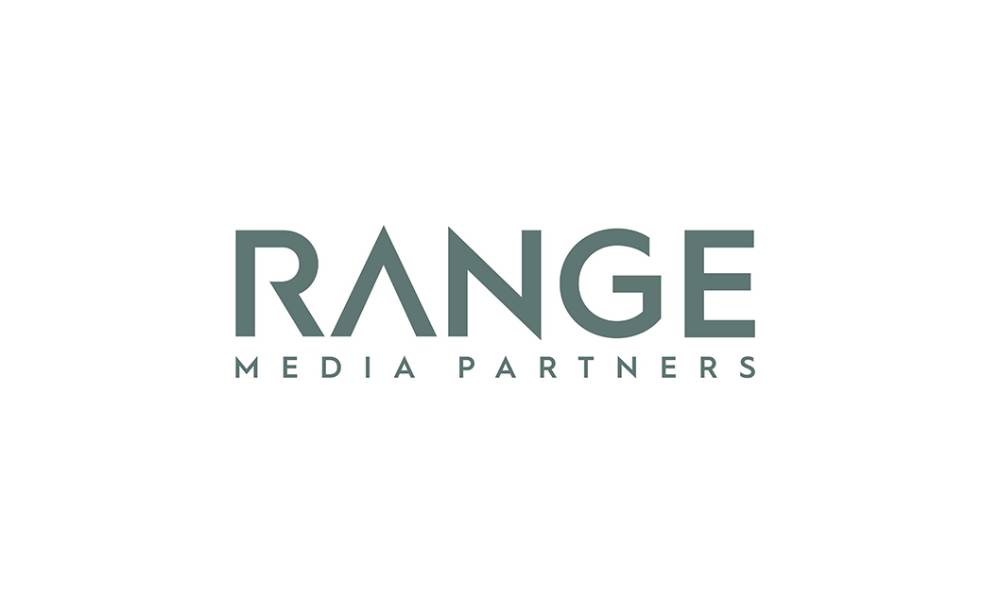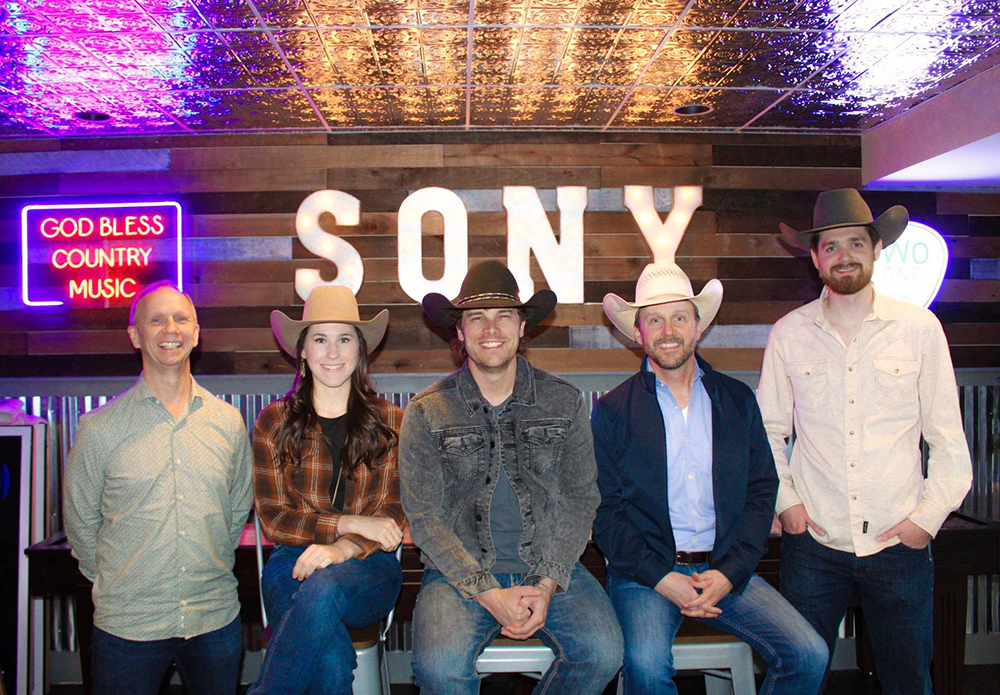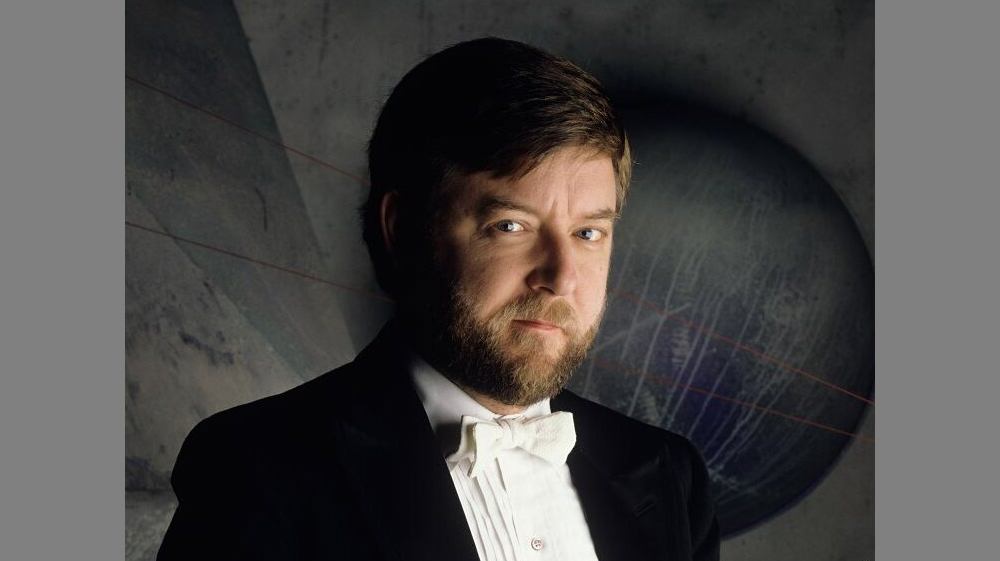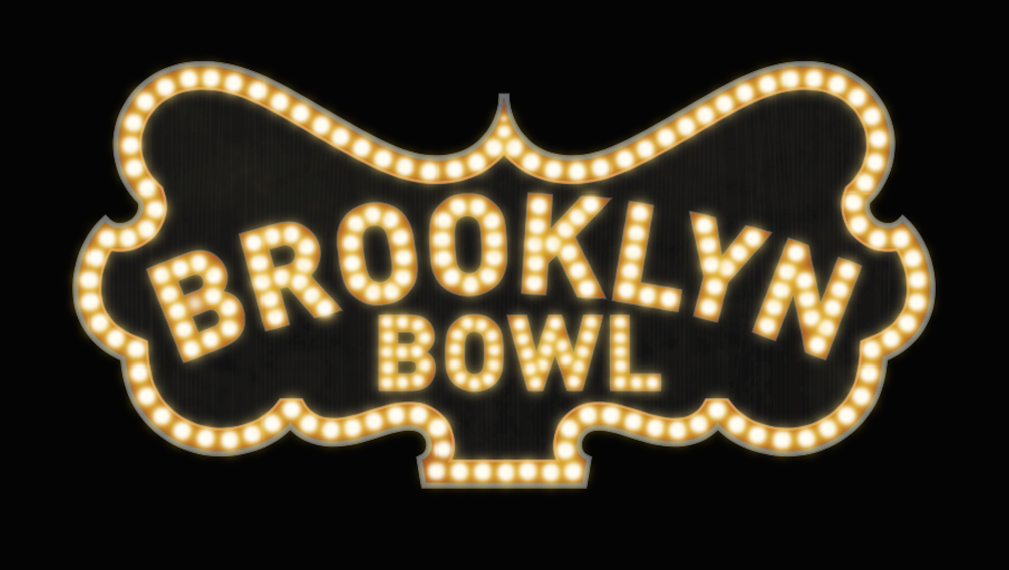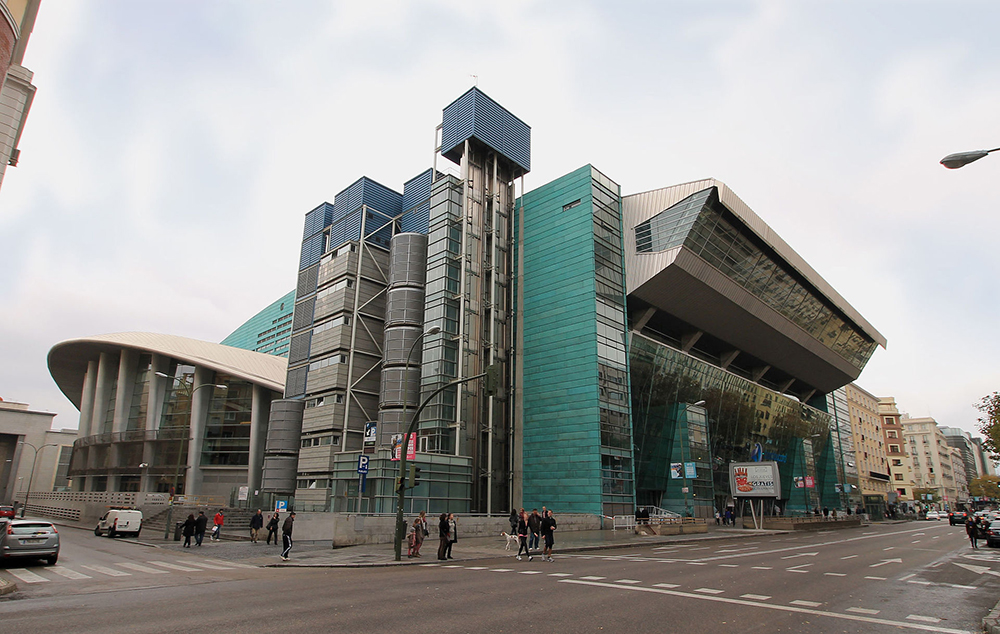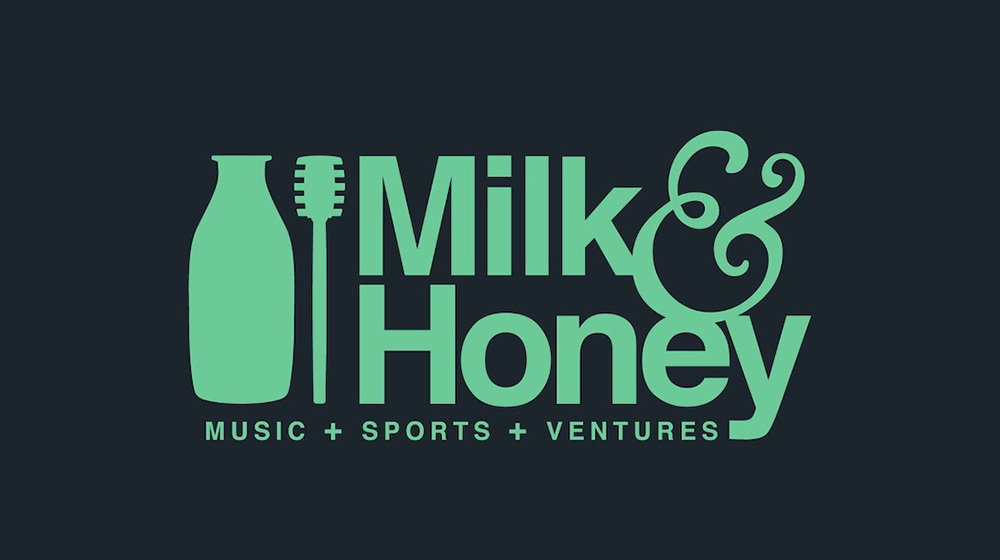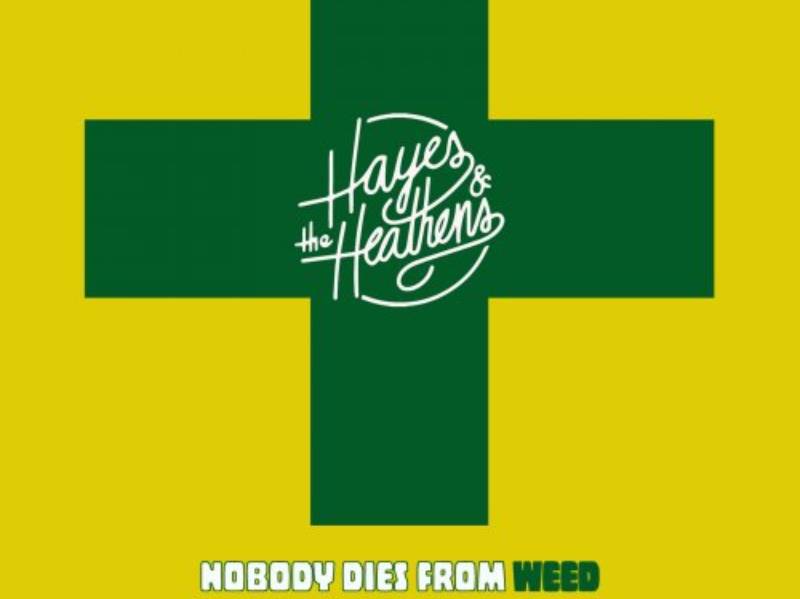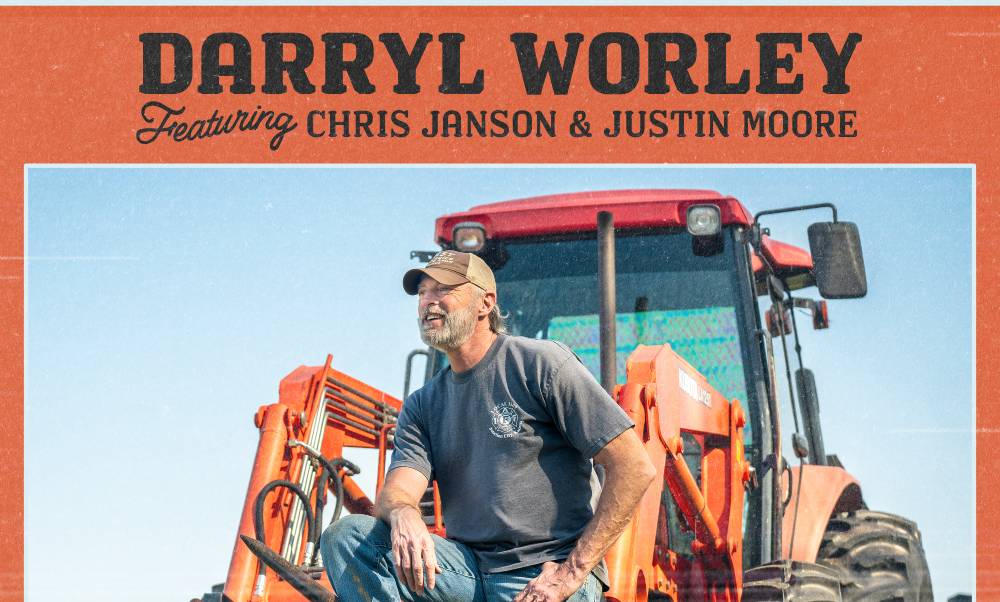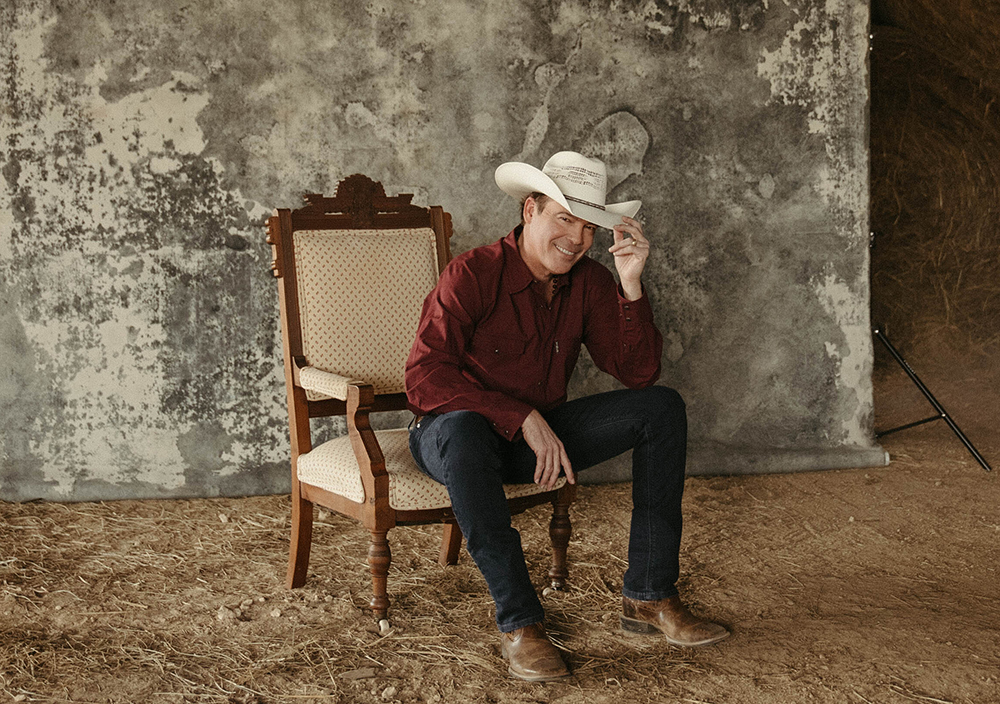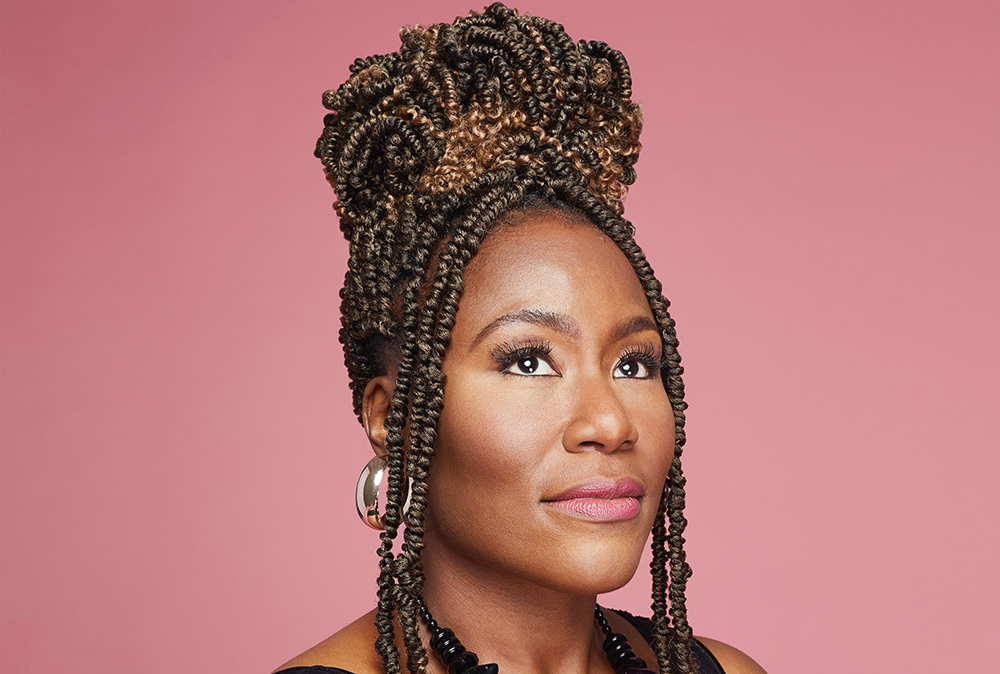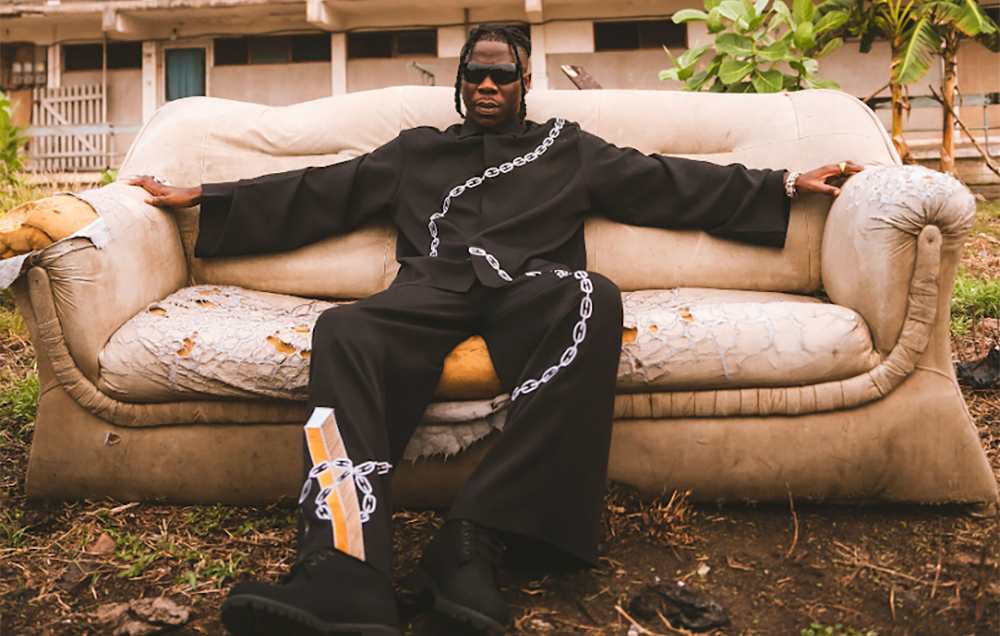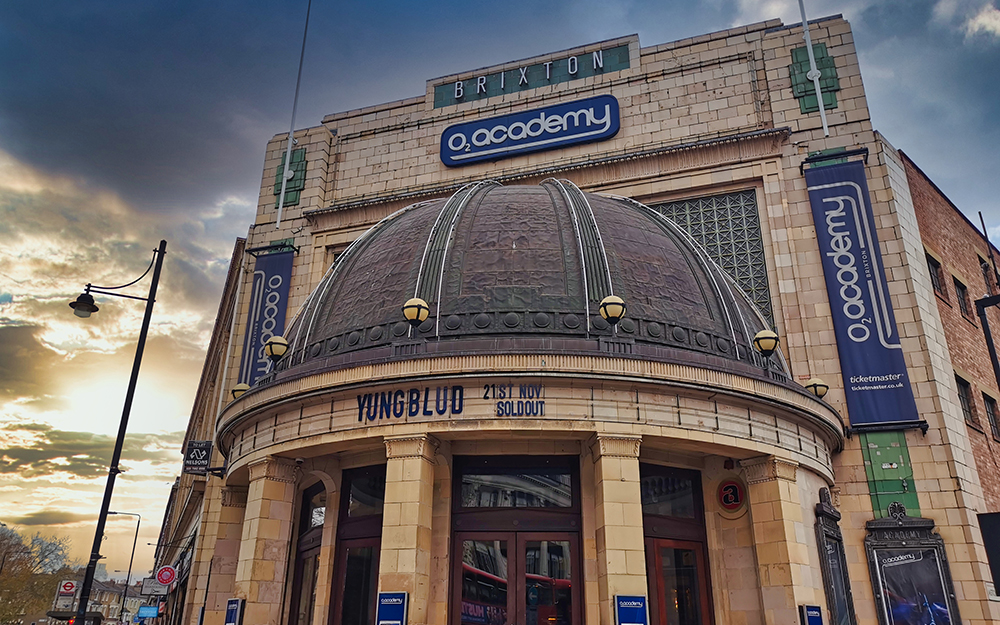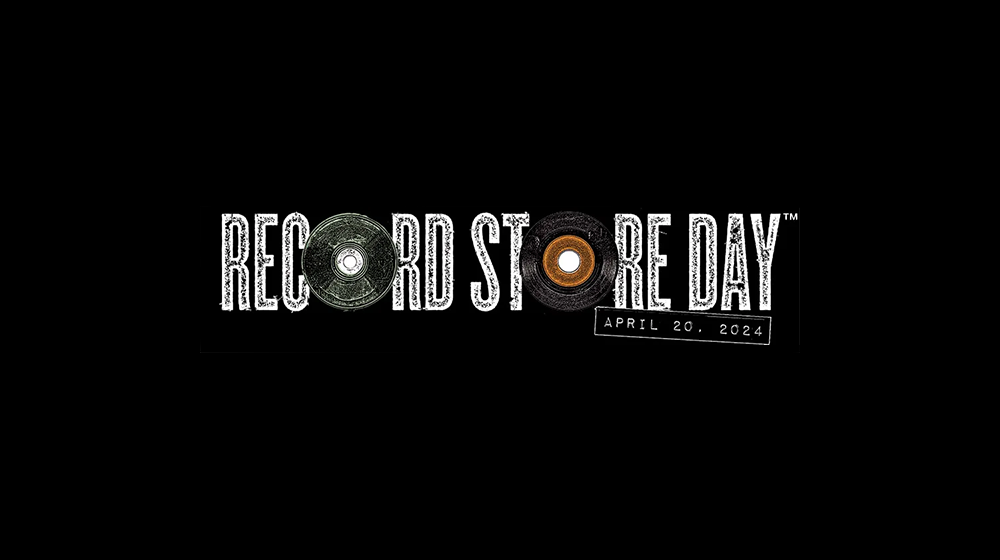
(CelebrityAccess MediaWire) — Amy Winehouse’s funeral took place this week with a private gathering of family and close friends at Edgwarebury Cemetery in North London.
Giving an eulogy her father Mitch spoke to congregants, and addressed his daughter’s struggle with drug and alcohol addiction.
While an autopsy failed to pinpoint the cause of her death, Amy’s struggle with her addictions has been well documented.
Four months ago, CelebrityAccess/Encore profiled Rob Waggener, CEO, Foundations Recovery Network, which has considerable experience in treating celebrities fighting their demons amidst a drug and alcohol-fueled world.
This candid profile is a highlight of our "In the Hot Seat" series and, given the sad fate of this talented British star, it deserves an even broader audience.
This week In the Hot Seat with Larry LeBlanc: Rob Waggener, CEO, Foundations Recovery Network.
Those inside the music industry—artists managers, agents, label executives, publishers, roadies, lawyers and others—are likely acquainted or linked to someone fighting their demons amidst a drug and alcohol-fueled world.
The list of artists known to have fought (or who are still fighting) drug and/or alcohol addiction over the years includes: Mary J. Blige, Eric Clapton, Bonnie Raitt, James Taylor, Elton John, Steve Earle, Natalie Cole, Ozzy Osbourne, Dr. John, Courtney Love, Whitney Houston, Jo Dee Messina, Mindy McCready, Ty Herndon, Scott Weiland, Wilco’s Jeff Tweedy, Red Hot Chili Peppers’ Anthony Kiedis, and members of Aerosmith.
Many of these artists have publicly dealt with their addictions or have gone public with their sobriety. At the same time, communication about the dangers of addiction has greatly improved, and rehab facilities themselves have become more effective.
A conference “Power, Fame and Recovery—Addiction, Health and Wellness in the Public Eye” will take place at The Breakers Palm Beach in Palm Beach, Florida, Sept. 26-29, 2011 that will explore the unique implications of power and fame in the struggle for lasting recovery.
Organized by the Foundations Recovery Network (FRN), the conference will give treatment providers and professionals the opportunity to share clinical, legal/ethical and programmatic ideas, challenges and solutions.
It is hoped that conference participants will gain insight into enhancing the quality of care in serving this unique celebrity population.
Founded in 1995, FRN is an integrated dual diagnosis treatment, research and education company with treatment facilities in Memphis, Malibu, Sausalito, and Palm Springs, California. FRN offers a continuum of care for those battling with co-occurring disorders, including outpatient services, vocational rehabilitation and residential programs.
Rob Waggener, CEO of FRN, has his office in Brentwood, Tennessee. He is a licensed clinical social worker, and is a diplomat in the American College of Healthcare Executives.
Prior to joining FRN in 2009, Waggener was with the Lakeside Behavioral Health System in Memphis for 13 years. He was the CEO there for his last nine years of service.
Under Waggener's leadership, Lakeside became one of the largest and most profitable psychiatric health systems in the United States, and received numerous local, state and company awards for quality, innovation and overall performance.
During his tenure, Waggener expanded psychiatric service lines to include geriatric services, ECT, child and adolescent partial hospital and intensive outpatient services, dual diagnosis treatment for adults, mobile crisis services, and managed units in medical hospitals. He also developed and implemented the Lakeside Psychiatric Triage service for Memphis/Shelby County.
As well, under Waggener’s leadership, Lakeside and Southeast Mental Health Center created a for-profit/not-for-profit joint venture hospital called Community Behavioral Health, designed to fill a gap in private, largely Medicaid-funded inpatient services in downtown Memphis.
FRN offers clients an integrated, personalized treatment that combines mental health and addiction treatment approaches, and places emphasis on engaging the client in the process of change. Its treatment program incorporates the traditional 12-step philosophy while utilizing motivational interviewing techniques.
At FRN, clients are encouraged to determine the pace, goals and course of their treatment. They are treated as partners in, rather than subjects of, the recovery process.
Do you have many clients that are celebrities?
Oh yeah, tons. We have sports figures, politicians, and musical people all of the time. You would certainly know their names.
Are people in the entertainment field with addictions that different from people from other walks of life?
Oh, my goodness yes, for a couple of reasons. People in the entertainment business would be considered in the same bracket with other high-profile people. This generally means that they have the means, and the resources to access illicit substances faster and easier than anybody else. So, all of the normal barriers are gone. They generally also have more money. They have easier and quicker access than, say, the common man. They are surrounded by substances. Whether they have money or not, everybody that they hang out with does.
So that’s the first reason.
There’s a scripture (passage) in Matthew (Matthew 19:24) that says “It’s easier for a camel to go through the eye of a needle than for a rich man to enter the kingdom of God.” And that is absolutely the same dynamic with a person who has celebrity because there are so many more barriers to acceptance (of addiction) to them.
The rich man—the person of celebrity, the person with fame, and the person of wealth—comes with such a sense of entitlement, that their level of acceptance (of addiction)…well, there’s not much of a rock bottom for them. They never really reach that place of desperation, and need to be able to reach out and say, “I really need help.” They are surrounded by people who are enabling them, and who are co-dependents themselves. They have money. They have access (to drugs and alcohol) and it is just incredibly difficult to get them sober, and keep them sober.
An artist may be surrounded by people enabling them in their addictions. They are also within a culture that is not only supportive of addiction, it’s as if there is a demand for it, like it’s part of the credibility package of being a rebel artist.
You are right in using the term enabling. In other words, it is certainly part of the social fabric of being in the entertainment business. Drugs are certainly more accepted as part of the social fabric.
Alcohol and drug abuse are often tolerated in the entertainment world until bad behavior starts costing money.
That’s exactly right. You use the world “enabling” and I would combine the word with another word, “co-dependents.” You take a group of people (an entourage) who have their own interests, but they are also there to put the interests of the person who is struggling with addiction ahead of their own. They are there to put someone else’s interests ahead of their own, and it’s in their best interests if they keep it going. They keep their jobs. The entourage stays together. There’s a great deal of loyalty, but also secrecy, with being part of an entourage. And, it really is in the best interest of the entourage in keeping the group together to keep the dysfunction rolling.
Well, everybody around the artist has a financial stake to protect.
There’s no question that there is a financial stake. Let’s call the artist “the enterprise.” The artist is the enterprise. So there is certainly a financial stake in keeping them rolling. You are seeing that in the television business right now. There are folks who want to keep (artists) rolling and keep them as close to compliance with their contracts so they can get paid, and they keep the enterprise rolling.
It’s still very hard for a celebrity to go public about their addiction if they are a private person.
That certainly is the last great barrier for someone who has fame—to seek recovery when they live their lives in the public eye. There’s very little, if anything, that is private about their life or about their recovery. The research indicates that most people who struggle with sobriety are going to relapse. The difference between you and me relapsing is that the paparazzi aren’t chasing us down, and waiting for us to do it.
Pop singer Britney Spears inspired Gwyneth Paltrow's character in the recent country drama film “Country Strong.”
My heart goes out to Britney Spears. My heart goes out to people who have got such incredible celebrity because there is no way that they can live their lives with the privacy that they need to struggle.
(The road to recovery) is a blessing and a curse. Here’s the blessing part—the blessing part is that despite all of the negative press around celebrities that struggle, the reality is that it is now cool to go to rehab. In some ways, it has actually reduced the (addiction) stigma. There are songs now about going to rehab. Everybody is talking about going to rehab. So, to an extent, it is not such a bad thing. But, it has become much, much worse for the celebrity because they absolutely can find no peace, and no respite to have a reasonably healthy struggle (with their addiction), like the rest of us do.
[In “Country Strong” Gwyneth Paltrow portrays country singer Kelly Canter who, after a drunken onstage fall that causes her to suffer a miscarriage, sinks into a haze of depression and substance abuse. Directed and written by Shana Feste, “Country Strong” was filmed on location in and around Nashville. Many of the extras and background performers are musicians, technicians and reporters who work in Nashville.]
Country music is full of stories of drug and alcohol escapades, and abuse. Nashville has had an addiction problem for years.
I think that’s right. You backed off from saying a drug problem, and you said “addiction problem” because certainly in the country music world, alcohol has been the drug of choice for many years. What’s happening now is that while alcohol is certainly still a major drug of choice, the biggest trend is the use of opiates, in particular, prescription drug abuse.
Everybody now has begun to lean toward concierge docs. Artists on the road are blowing and going; and they don’t have time to make a doctor and dentist appointment, like the rest of us do, so they have concierge docs. So the access to prescription drugs is fast and easy and (prescription drug are) as addictive as the opiates.
An artist, however, can say, “It must be okay, the doctor prescribed it. He wouldn’t do anything to hurt me.” This isn’t like going to a back alley for drugs. It is legal.
I think that is true. I would say that the means of how that they get the substance doesn’t carry the stigma as bad as walking through an alley, but the addiction is exactly the same. The addiction doesn’t care. The addiction does not discriminate by social class, by place, by an alley or a prescription. The addiction is exactly the same. That is one more barrier that is now gone which is a stigma barrier. They have a doctor that says, “You have been working hard. You have been driving yourself hard. You really need to get some decent sleep so we’re going to get you some sleeping pills.” So that begins the (addiction) process right there.
A doctor on the road with an artist can just write out a prescription or pull drugs out of his black bag.
Take it all the way back to Elvis Presley. I would say with the touring business more than anything that there is no normal life. There’s not. So having doctors with an artist is kind of (an artist’s) only choice. But it’s back to that whole dynamic of enabling and co-dependency. The doctor, in that situation—it’s so seductive (for them to prescribe) because they have a total vested interest in keeping the enterprise going.
Public sensibilities have changed regarding alcoholics and public drunkenness. Foster Brooks or Oscar Levant playing lovable drunks, that behavior isn’t tolerated these days.
I agree with you. I would say that the level of social acceptance and public visibility of addiction—alcohol or drugs—has certainly changed over time. I think that comes with a level of awareness, and with public education. When we grew up, everybody smoked, everywhere. You smoked at work. You smoked on planes. As the public began to get educated, and found out just how destructive and socially unacceptable smoking was, it was pushed to the peripheral. So I think that would be the same with (drug) addiction in the public purview, in entertainment and everywhere else. It is just not socially acceptable.
The acceptability of alcoholism also differs in cultures.
It is very cultural. I don’t know if you call it social acceptance or social denial, but you are absolutely right. Britain, and the rest of Europe, are 30 years behind the U.S., just in terms of their level of acceptance of the destruction of addiction.
Is there a difference between drug and alcohol addiction? Is one of them genetic?
Boy, that’s a fair question. Certainly, in the dynamic of addiction, there is no distinction between true addiction that is genetic. It certainly has been proven that there is a genetic predisposition to addiction. Does that mean people that don’t have a predisposition won’t get addicted? Absolutely not. That is the problem with prescription drugs. The opiates and other prescription drugs are so highly addictive by their nature that they can take someone, who has no genetic predisposing toward addiction, and can totally change their lives.
The addiction can quickly sneak up on them.
Absolutely. That is why it’s such an incredible demon.
Alarm bells generally ring about an artist if they don’t make a show or if they cancel a tour. What early signs of addiction should others be looking at before a four-bell alarm goes off?
I would say that the alarm bells are the same alarm bells for the rest of us. In that they begin to show risky behavior, and then there is an inability to hear and accept friendly advice.
Give me some examples of risky behavior.
Risky behavior would be if there was suddenly a dramatic change in their behavior. If historically, they had a reasonable pattern of fairly committed relationships versus they want to have sex with everything in sight, any time, day or night.
For most people, if they commit to a contract, then they are generally going to keep to the contract.
So risky behavior would be beginning to push the bounds of reasonable behavior to what they have committed to. That’s a legal contract. That’s a touring contract. That suddenly their commitments don’t matter to them at all anymore. They really don’t care about the consequences or about the impact on other people.
Do they feel invulnerable or they just don’t care?
Some of both. I hate to stereotype, but I will say that you have certainly seen people change over time when they gain celebrity, wealth and power. Those dynamics by themselves have the potential to certainly change someone.
I would say that the developmental pattern of someone moving through newly acquired power, fame or wealth is not unlike all of us growing up into adolescence, and then going away to college. Suddenly, we have newfound friends. It is a fairly typical normal developmental pattern where people are going to sow their oats and they are going to test the waters. I would say that’s normal. Unfortunately, during the process, they very often discover their addictions. That’s where things change. Suddenly, they not only have power, fame and wealth, they have the access and the resources, and now they have the addiction as well.
So that’s probably the biggest difference between people in the public eye versus the rest of us.
If they have shown risky behavior their entire lives then they probably need psychiatric help as well.
The vast majority do. I would say to you, show me anyone who is struggling with addiction that doesn’t have some kind of co-occurring problem going on—whether that is depression, anxiety, bi-polar, psychiatric trauma, shame, you name it. I will give you the research, but I can also tell you anecdotally doing this work for 25 years that every addict I’ve ever dealt with had some significant co-occurring issues that they really needed to have treated at the same time.
What can you say to those parents with kids entering the music business? What can you say to them about the pit falls?
Oh my goodness. What I can say is that your children are about to enter an environment where access to drugs—call it fast living—is simply part of the social fabric. I pray that your child will never fall into needing to struggle with addiction. What I can tell you is that your child is going to need more support, supervision, limit setting, and parenting than any other child around you.
Your job is to be loving, accepting, supporting, but also to be a parent up until your child is a young adult. You then still continue to be a parent, but you are losing leverage. So I hope that you have earned their respect. I hope that you have earned their regard so when they turn to you for help, or if they need it, that you are there with a loving hand.
I don’t know what else to tell them. I would never tell them, “You know what, don’t (let your kid go into the music business). Don’t squelch their creativity, and run from the entertainment business. God knows that you don’t want to do that. Your kid is your kid, but you are the parent and your job just went up 300%. Are you ready for that?”
The artists I’ve seen struggling with fame are often people where their families aren’t a big part of their lives. Those people I see that are centered are those with a family around them.
In that regard, I would say that there is not a lot of difference between “normal” people, and people of fame. Certainly, families that are supportive and generally have healthy relationships, their kids are less likely to struggle with addiction. I don’t care whether that is the entertainment business or stock brokers or coaches or teachers. There is not a lot of difference there. I would say that it becomes more pronounced when you lay on power, fame and wealth. The problems become more pronounced. Now the opposite also applies. You can have the healthiest families in the world, but that doesn’t mean that kids aren’t going to struggle with addiction because it’s such a genetic problem.
An artist fighting with a parent might be able to say, “The best you did in your life was $45,000 a year. I grossed $5 million last year. Who’s right here about my life?”
Yeah. That’s back to that sense of entitlement, and just sheer narcissism.
You probably have to be narcissistic to be onstage.
To some extent you do. You certainly have to have an intact ego to get up there. So you are right. That is certainly another factor. Successful people tend to have a high propensity toward the driven disorders, including bi-polar which is manic. Tons of energy. Tons of drive can also often reflect some mental disturbance that can also be a challenge as well when they face addiction.
Those traits are also necessary if you want to succeed.
Certainly, they are sought after traits from time to time.
Does FRN have both outpatient and inpatient care?
We have both inpatient and outpatient. We also do large, national conferences which are part of our mission to educate people (about addiction). This conference (“Power, Fame and Recovery—Addiction, Health and Wellness in the Public Eye”) is a timely conference for us because with addiction and celebrity, everything is out in the public eye, but we haven’t come together as an industry or with people who are in recovery who are celebrities, and compared notes to say what is working, and what is not working.
How are costs of treatment at FRN covered?
I have 147 beds company wide, and 90% of my business is private insurance.
Under President Obama’s new health care bill, young adults can now access their parents’ health insurance up until they turn 26.
The research out there is that there are 23 million people who need addiction treatment, and only three million people get it. Usually, the difference is related to simple access. People don’t have the resources to pay for treatment. There are people who want it, but can’t get it or pay for it. This move alone is going to give 1.2 million more people access to treatment. That young adult population, by the way, is my biggest chunk of my current patient base. Some 65% of my current patient base is under the age of 34.
What are the differences of treatment at FRN for inpatient and outpatient? At what stage would you want a patient to stay in residence?
Most people whose lives have become unmanageable—their life is completely out of control—the research shows that they need to step out of their home environment for at least 90 days. Now there’s a reality factor there. The reality factor is that most people can’t afford to be out of their home environment for 90 days. But that’s what the research is. Now that doesn‘t mean that they need to be in a locked up 24 hour ward for 90 days. It just means that they need a total change of pace away from their home environment for 90 days.
So most people, who are struggling with addiction, will start with some kind of residential inpatient episode and they may step down to outpatient. In that situation, outpatient is a great way to practice the skills they have learned being in this safe and protective environment. Residential treatment is not reality. We want to give people an opportunity to practice some of the recovery and living skills that they gained while they were in treatment without totally cutting them loose, and putting them back on the road.
Do people come to you knowing they need help?
Part of what makes us different is that we really pay attention to someone’s readiness for change. That’s the other thing that has changed. The historic days of addiction treatment was that folks can only get help if they asked for it. Well, that reality has changed. A variety of people—spouses, managers, and lawyers—are demanding that these people change, and seek help or treatment. Should the people in the treatment industry turn them away and say, “No. They aren’t ready. They haven’t asked for help, yet.” The reality is that we have to take people at every opportunity that we can get them.
Recovery is not monolithic. It comes to everyone differently. So people in your care have to figure out the pace and the goals of their treatment. Is that an important goal?
Very much so.
Why is that so important?
The research shows that someone can only find lasting and sustainable change when they have reached a level of personal acceptance. I will qualify that back to the very beginning of treatment. Does that mean that we require them to come in with a level of acceptance? No. What the research has shown is that if you use the right kind of engagement, the right kind of tools to engage and build a trusting relationship between you the professional, and them the patient, then you can help them find their own point of change even though they believe they don’t have a problem.
You make them a partner in their own recovery?
That’s exactly right. Here’s a typical scenario for me. I get patients who come in and basically their response to me in the assessment process is, “I don’t have a problem. I just have to get my family off my back.” Generally, my response is, “That’s a great goal. How about I help you get your family off your back?” They are generally totally blown away by that response because they are expecting me to say, “Clearly, you are in denial. Of course, you have a drug problem. By the way, here’s step one (toward recovery), and if you fill it out, and bring it to the meeting on Friday, and you do an honest job of it, I will let you step up a level.” He’s sitting there thinking, “Screw you. I don’t even have a problem. Why would I ever do step one”?
You meet with people then whether there’s a readiness for change or not, and you basically go with it.
I say, “Okay, let’s work on getting your family off of your back. Let’s talk about how we are going to do that. What are your thoughts?” Over the course of even the first week sometimes, having them in what we call the milieu—having them in the community—generally the community is more effective in making changes than I am because they are looking around and they are starting to see themselves in everybody else around them. The people around them are saying, “Dude, I said the same thing when I came in. Let me tell you about me.” And they tell their stories, and they begin to connect (with others). A week or two weeks into (treatment) they go, “I really do have a problem.” I go, “Really? Holy smoke.”
It is frustrating that there’s been so little research into alcohol addiction over the years.
Very little. So much has grown up out of legend. Not bad legend. It is still good legend. But there’s a legend, for example, of 28 day treatment. Well, everybody signed off on that, and said, “It’s a 28 day treatment.” Where that came from originally was from the military. The military would allow 30 days treatment (for a soldier) to get alcohol treatment. One day for travel, 28 days for treatment and one day to get back. That’s where that came from. But there’s really no research basis to it.
The 12-step philosophy is traditional in addiction treatment. FRN uses it.
It is very much traditional. Still, there’s not a lot of research. In fact, the research shows that the 12-steps are not absolutely necessary. Certainly people have become sober without the 12-steps. What we have found through our history, through the model, and the research that we did, was that the 12-steps is an incredibly valuable tool. It may not be for everybody. We don’t force everybody to do all of the same things. But, from a social and a spiritual aspect, the 12-steps are invaluable.
Is one of the reasons that 12-steps is invaluable because it places people with addictions with others with addictions in a support group?
I think that there could be an argument that you could get community and like-minded people in other ways than going through the 12-steps. I would say that what the 12-steps does do, particularly with people with power, fame and celebrity, it challenges them to step outside themselves. And it’s a spiritual experience. That is a spiritual journey. The 12-steps are an incredible powerful spiritual journey outside of themselves looking back in. It’s self-examination. Not only looking at themselves from the outside, but also how have they affected those around them.
So it’s a powerful spiritual tool that also has the social aspect as well because most people have to find a new social support system. They generally have to walk away from their entourage, and find a new entourage.
[Most substance abuse treatment programs in the United States seek to involve clients in 12-step programs, such as Alcoholics Anonymous, and Narcotics Anonymous. By providing continuing support and structure, these programs serve to assist in the development of sober social support systems, and ultimately reduce rates of relapse. Studies of 12-step meeting attendance have further supported the idea that individuals who attend, and become involved in meetings, maintain abstinence from alcohol and drug use. Similar benefits of 12-step attendance have also been found for individuals with co-occurring disorders.]
Your current patients meet alumnae of FRN programs. That must be a very powerful tool.
Very, very much so. That’s kind of the beauty of having your rookies and your veterans. Beginners and folks that are advanced—in particular, folks that have now been out in the community and sober for 3, 4, 5 or 10 years—coming back and telling their stories. It’s like, “You may think that I’m successful, but let me tell you what I was like 10 years ago.”
More than 50% of those who abuse drugs are believed to have at least one significant mental illness as well. More than 35% of alcoholics have at least one mental illness. Almost a third of all individuals with a mental illness also have a substance abuse problem.
We deal with the whole package. That is part of why we have better outcomes. But it’s not cheap, and it is intensive work. It is very intensive.
Another unique dynamic in the public eye and entertainment is that we now know a lot more about the dynamics of psychological trauma.
We have been able to distinguish two types of trauma. One is incident-related which would be with people in the military or first responders, police, and fireman.
What we are also finding is a dramatic group of people who have shame-based trauma which has a very similar effect on their psychological well-being. If you think about people who have had public breakdown, imagine the amount of shame that comes with that. What it does is that it perpetuates the disease because they are constantly, and frequently shamed. They may not actually qualify it that way themselves, but when they reach recovery after a few years and they reflect back, they are still struggling with the shame of the public meltdown.
You see veteran artists struggling with shame when they lose the public spotlight. Their records stop selling, they can’t work, and they may have health issues. Country star Faron Young killed himself in 1996. He apparently felt the music industry had turned its back on him. That, and despondency over his deteriorating health, were cited as possible reasons why he shot himself.
The people who can manage wealth, power and fame are people who, even in the midst of it all, maintain a balance of life. (What happened there) is like what you saw with Wall Street brokers during the Depression. Their entire life and their entire identity was being successful on Wall Street so when everything crashed, they jumped out of the window. The same thing happens with celebrities. The point where their celebrity status becomes their entire life—their entire identity with nothing else—when it’s gone, they have nothing left.
The loss of celebrity is difficult for many artists.
There is an incredible need to maintain a balance of life. Another thing that we are going to talk about at the conference is being on the road, and in the midst of your celebrity status, what are the important things to remember to maintain a balanced life? Because (fame) will be short-lived. Hopefully, you are a Dolly Parton who has had an incredible career, who is famous and doing movies, and (recording) songs even today. She is an amazing woman. But I will tell you, that woman has a balanced life. She’s one of those rare people. She’s a great life example to follow. She’s a hero.
You grew up in Hendersonville which is close to Nashville.
I grew up with Johnny Cash, Roy Orbison, and the Mandrells, and going to school with Conway Twitty’s son and Johnny’s son. We relocated to Memphis later for my wife to go to dental school. She’s a dentist.
Were your parents in entertainment?
No, not at all. I grew up a preacher’s kid. My dad was a preacher—a Southern Baptist—and my mom was a teacher. She taught public school. My dad was the most non-Southern Baptist I’ve ever met.
Where did you go to school?
The University of Tennessee, the social work branch in Nashville (the University of Tennessee College of Social Work) for a M.S.S.W. (Master’s of Science in Social Work).
[The Master of Science in Social Work program at the University of Tennessee College of Social Work is the first and oldest graduate social work program in the state of Tennessee. Founded in 1942, it has been accredited continuously since 1945. The M.S.S.W. program provides concentrations in clinical social work practice and social welfare management and community practice.]
Why did you decide to change jobs in 2009 and come to FRN after 13 years with the Lakeside Behavioral Health System?
They were great employer. I was there almost 14 years, and I was CEO for nine years. It was a great run. I ran it up until the point where I looked around and thought, “What am I doing here? This isn’t why I went into social work.” So I joined this company (FRN). It was then a small, struggling company that had a fantastic product, and also a great business platform with a great opportunity for growth. So there was a self-serving component in there as well. I could exercise my passions and potentially have some ownership too, which I do.
You are a licensed clinical social worker.
You don’t go into social work for the power or the money or the status. You go into social work because you want to serve people, and my driving passion is to meet the needs of people. For my entire life, that’s what has driven me. When I went into social work, my first job was in Nashville’s inter-city in the housing projects, working with kids and their families. Very early on, I discovered that my gift is on a macro level of change, not on a micro level. Not necessarily on a one-to-one—though I was pretty good at it—but identifying gaps and services, finding ways to create new services, finding ways to pay for them, and then meeting the need. So I’m a macro level change social worker. That led me into my career, which is starting and running programs.
Larry LeBlanc is widely recognized as one of the leading music industry journalists in the world. Before joining CelebrityAccess in 2008 as senior editor, he was the Canadian bureau chief of Billboard from 1991-2007 and Canadian editor of Record World from 1970-89. He was also a co-founder of the late Canadian music trade, The Record. He has been quoted on music industry issues in hundreds of publications including Time, Forbes, and the London Times. He is co-author of the book “Music From Far And Wide: Celebrating 40 Years Of The Juno Awards.”



















